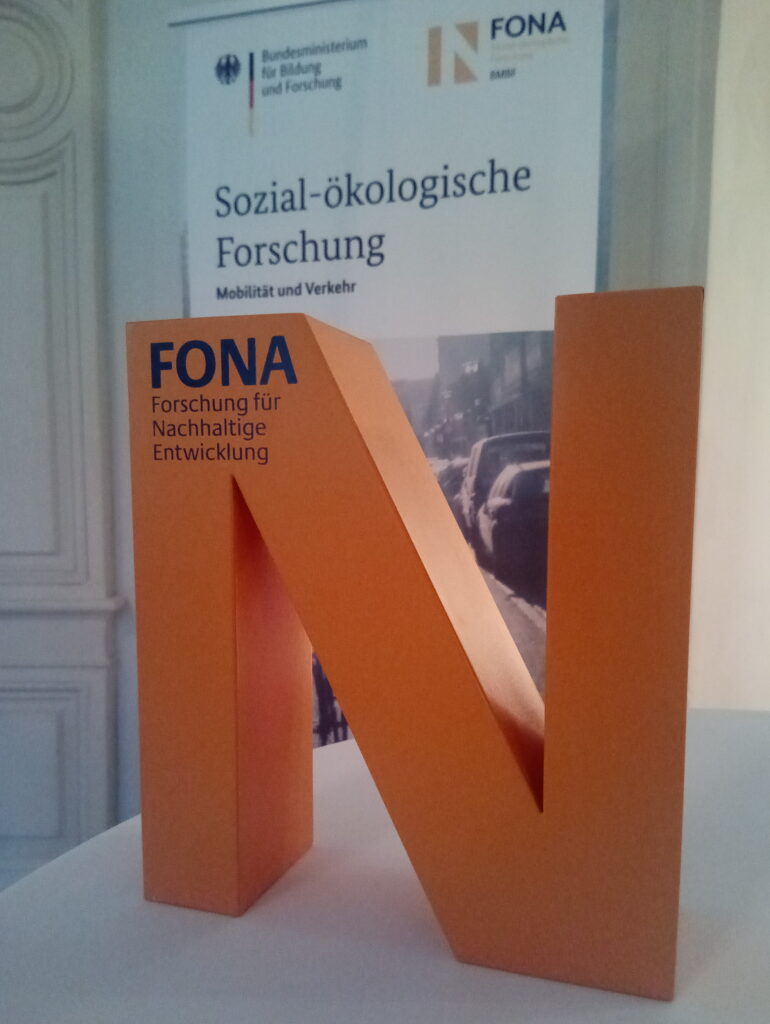In this publication in Digital Government: Research and Practice Julia Romberg and Tobias Escher offer a review of the computational techniques that have been used in order to support the evaluation of contributions in public participation processes. Based on a systematic literature review, they assess their performance and offer future research directions.
Abstract
Public sector institutions that consult citizens to inform decision-making face the challenge of evaluating the contributions made by citizens. This evaluation has important democratic implications but at the same time, consumes substantial human resources. However, until now the use of artificial intelligence such as computer-supported text analysis has remained an under-studied solution to this problem. We identify three generic tasks in the evaluation process that could benefit from natural language processing (NLP). Based on a systematic literature search in two databases on computational linguistics and digital government, we provide a detailed review of existing methods and their performance. While some promising approaches exist, for instance to group data thematically and to detect arguments and opinions, we show that there remain important challenges before these could offer any reliable support in practice. These include the quality of results, the applicability to non-English language corpora and making algorithmic models available to practitioners through software. We discuss a number of avenues that future research should pursue that can ultimately lead to solutions for practice. The most promising of these bring in the expertise of human evaluators, for example through active learning approaches or interactive topic modelling.
Key findings
- There are a number of tasks in the evaluation processes that could be supported through Natural Language Processing (NLP). Broadly speaking, these are i) detecting (near) duplicates, ii) grouping of contributions by topic and iii) analyzing the individual contributions in depth. Most of the literature in this review focused on the automated recognition and analysis of arguments, one particular aspect of the task of in-depth analysis of contribution.
- We provide a comprehensive overview of the datasets used as well as the algorithms employed and aim to assess their performance. Generally, despite promising results so far the significant advances of NLP techniques in recent years have barely been exploited in this domain.
- A particular gap is that few applications exist that would enable practitioners to easily apply NLP to their data and reap the benefits of these methods.
- The manual labelling efforts required for training machine learning models risk any efficiency gains from automation.
- We suggest a number of fruitful future research avenues, many of which draw upon the expertise of humans, for example through active learning or interactive topic modelling.
Publication
Romberg, Julia; Escher, Tobias (2023): Making Sense of Citizens’ Input through Artificial Intelligence. In: Digital Government: Research and Practice, Artikel 3603254. DOI: 10.1145/3603254.





